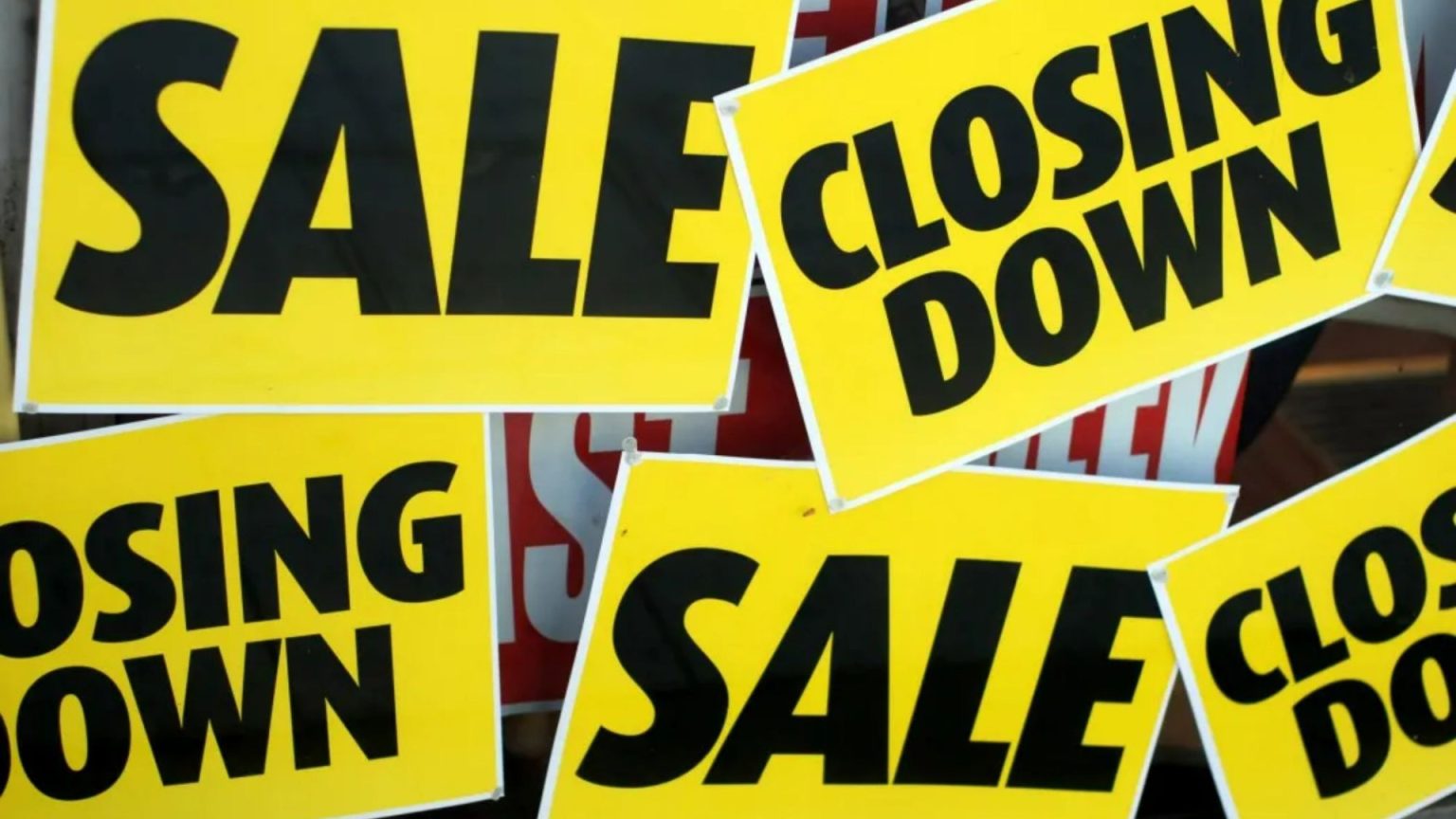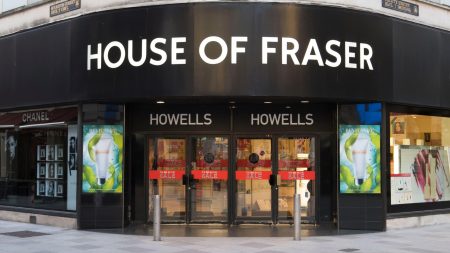The impending closure of Sandersons, a beloved boutique department store located in Sheffield’s Fox Valley shopping complex, has sent shockwaves through the local community. After eight successful years, the family-run business, known for its unique blend of luxury brands and distinctive items, will shutter its doors in March. Opened in 2016 with much fanfare, including an appearance by actress Joanna Lumley, Sandersons quickly became a cornerstone of the Fox Valley retail landscape. The closure will impact 19 employees, leaving many loyal customers heartbroken. The decision comes after a business review, with the company opting to concentrate on its Stroud location and expand its burgeoning online presence. While the closure marks a significant loss for the Sheffield retail scene, Sandersons assures customers that its unique brand offerings will remain accessible online, along with enticing discounts during the closing-down sale.
The closure of Sandersons reflects a broader trend of department store struggles in Sheffield, mirroring the national retail landscape. In recent years, the city has witnessed the demise of prominent retail giants like Debenhams and John Lewis, both of which closed their city center branches in 2021. These closures, coupled with Sandersons’ departure, highlight the challenges faced by brick-and-mortar retailers in an increasingly competitive market, characterized by the rise of e-commerce and changing consumer spending habits. The COVID-19 pandemic further exacerbated these pre-existing pressures, accelerating the shift towards online shopping and impacting foot traffic to physical stores. The current economic climate, marked by high inflation and a cost-of-living crisis, further complicates the retail landscape, forcing consumers to curtail spending and making it difficult for retailers to maintain profitability.
Sandersons’ closure, while devastating to its loyal customer base and employees, opens up new opportunities for the Fox Valley shopping center. Dransfield Properties, which owns both Sandersons and the Fox Valley site, has indicated plans to consolidate and grow the center, suggesting that new retailers may soon occupy the vacated space. The company’s commitment to assisting affected Sandersons staff in securing new positions demonstrates a commitment to mitigating the impact of the closure on its workforce. While the specifics of the future plans remain undisclosed, the increased demand from national retailers for space at Fox Valley suggests a positive outlook for the shopping center’s future. This potential for growth contrasts with the struggles faced by many other retailers, highlighting the dynamic and evolving nature of the retail landscape.
The retail sector in the UK is grappling with a “permacrisis,” a term coined by the Centre for Retail Research to describe the ongoing challenges facing the industry since the 2008 financial crisis. The sector’s woes are multifaceted, driven by a confluence of factors including the rise of online shopping, reduced foot traffic to physical stores, the lingering effects of the COVID-19 pandemic, and the escalating cost of living. This confluence of challenges has created a perfect storm for retailers, forcing many to make difficult decisions about store closures, downsizing, or even administration. The year 2024 has witnessed a surge in retail job losses, exceeding 169,000, a significant increase compared to the previous year and the highest figure since the peak of the pandemic. This stark reality underscores the profound impact of these converging challenges on the retail sector’s workforce.
The closure of major retail chains, including household names like Homebase, Ted Baker, Lloyds Pharmacy, The Body Shop, and Carpetright, has contributed significantly to the rising unemployment figures in the retail sector. The collapse of Wilko alone resulted in the loss of approximately 12,000 jobs, further compounding the challenges faced by retail workers. While some retailers have managed to stay afloat, many have opted to downsize their store portfolios to cut costs and adapt to changing consumer behavior. Boots, for example, has reduced its physical presence while focusing on its online platform and other strategic initiatives. Independent retailers have been particularly hard hit, with thousands of stores closing their doors in the face of mounting pressures. This trend underscores the vulnerability of smaller businesses in the current economic climate and the need for targeted support measures.
Despite the widespread challenges and closures, there are some glimmers of hope within the retail sector. Discount retailers like B&M, Aldi, and Lidl have announced plans to expand their presence, opening hundreds of new branches. This expansion indicates a continued demand for affordable goods, particularly in the current economic climate where consumers are increasingly price-conscious. These discount retailers are often strategically positioned to cater to the needs of budget-conscious shoppers, offering value-driven products and services. While the retail landscape remains uncertain, the expansion of these discount chains suggests resilience within certain segments of the market, offering potential opportunities for job creation and economic growth. This dynamic environment highlights the ongoing evolution of the retail sector, characterized by both closures and expansions, as businesses adapt to changing consumer demands and economic realities.











